Tired all the time? You might be missing these nutrients
The tiny diet tweaks that can seriously boost your energy levels.

The tiny diet tweaks that can seriously boost your energy levels.

Research shows that we’re a nation of persistently fatigued people, but could this be down to deficiencies in a small but powerful group of vitamins and minerals?
If you feel like you’re constantly running on empty, you’re among friends here.
A YouGov survey revealed that one in eight of us in Britain feel exhausted every single day. Another quarter said they feel weary “most of the time”, while a further third said they were shattered “about half of the time”.
It makes for bleary-eyed reading, but it rings true for many. It can often be difficult to remember a whole day when we felt truly energised.
Doctors have even given our weary bodies and minds their own acronym, TATT – Tired All The Time. So there we have it. But what can we do to change this?
The good news is that a few tweaks to our diet could ease that “trudging through treacle” feeling.
We all know that too much junk food and booze coupled with not enough sleep will inevitably deplete our energy tanks. Even more so in later life.
Protein, healthy carbs and good fats (macronutrients) are all fabulous fuels for the body and mind, but when even a healthy-ish diet and decent sleep fail to provide that much-needed re-charge, we need to take a look at our “micronutrient” intake. They’re easy to miss out on, but these tiny doses of sustenance are powerful drivers in the energy stakes.
“Persistent tiredness is a strong signal that your body could be running low on essential micronutrients,” says nutritional therapist and author Clementine Pellew-Harvey.
“Deficiencies in iron, vitamin B12, magnesium and vitamin D are the most common culprits.”

“Iron deficiency is the most prevalent, affecting around one in four women in the UK,” explains Pellew-Harvey. “It causes fatigue because iron is crucial for carrying oxygen around the body. Without enough, your cells simply can’t produce energy efficiently.”
A lack of vitamin B12 is another common cause of tiredness, particularly in later life. “Our ability to absorb it decreases as we age, but it’s essential for red blood cell formation and nervous system function,” adds Pellew-Harvey.
"This sets your metabolic tone for the day. A protein-rich breakfast – eggs, Greek yogurt, or porridge with nuts – stabilises blood sugar and keeps you fuller for longer. Skipping breakfast or having just toast can lead to mid-morning crashes.”
Great news for lunch-lovers – this should be your most substantial meal of the day. Pellew-Harvey explains: “Your metabolism is most active at midday, but make sure your lunch includes protein, complex carbs and vegetables. Avoid heavy, carb-only meals that cause that afternoon drowsiness.”
For those of us who can’t resist a little nibble between meals, worry not. “A strategic snack before the typical 3pm to 4pm energy slump can prevent it,” says Pellew-Harvey. “Aim for protein and healthy fats – hummus with vegetables, a small handful of almonds, or a boiled egg.”
And try to have dinner at least three hours before bed, to prevent sleep disruption.
Magnesium is another key player in persistent fatigue, as the mineral plays an important role in converting the food we eat into energy. It also controls blood pressure and blood sugar levels, boosts bone strength and regulates our heartbeat.
Pellew-Harvey explains: “Magnesium is involved in over 300 enzymatic reactions in the body, including energy production.”
Vitamin D deficiency is also a common culprit in the colder months, says Pellew-Harvey: “We just don’t get enough year-round sunlight here in the UK to produce sufficient vitamin D, but it’s essential for immune function, mood regulation and energy metabolism.”
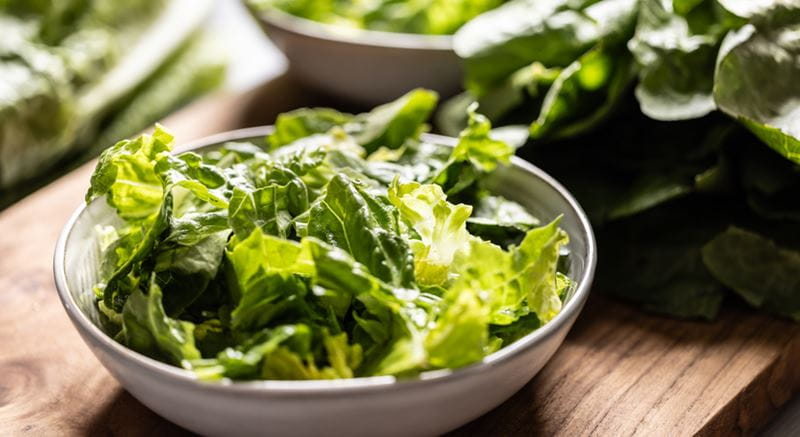
Such deficiencies can manifest themselves in a variety of mental and physical symptoms. Pellew-Harvey gives the lowdown on what to look out for:
If any of these symptoms sound familiar, it’s worth taking a look at your daily diet. A food diary might sound like a chore, but it could be a valuable tool in targeting where your meals and snacks might be falling short in the micronutrient stakes.
Thankfully, these fatigue-fighting vitamins and minerals can be found in a wealth of delicious supermarket foods. Pellew-Harvey breaks down the best micronutrient-rich ingredients to stock up on:
Red meat, liver, sardines and mussels provide heme iron (the most easily absorbed form). Lentils, chickpeas, spinach, pumpkin seeds and fortified cereals contain non-heme iron, which isn’t absorbed as well.
Pair plant sources with vitamin C-rich foods like peppers or citrus to boost absorption.
This is found almost exclusively in animal products – meat, fish, eggs, dairy and fortified foods. Salmon, trout, tuna, beef and eggs are excellent sources.
If you’re plant-based, you’ll need fortified foods like plant milks, nutritional yeast or supplements.
Dark, leafy greens (spinach, chard), nuts and seeds (especially pumpkin seeds, almonds and cashews), wholegrains, dark chocolate (70%+ cocoa), avocados and legumes.
A handful of nuts per day can make a real difference.
Oily fish (salmon, mackerel, sardines), egg yolks, fortified foods and mushrooms exposed to sunlight (pop them on your windowsill when the sun decides to shine).
However, it’s very difficult to get enough from food alone in the UK, which is why supplementation is recommended, especially during winter months.

TV doctor and Royal College of GPs’ lifestyle and physical activity lead Dr Hussain Al-Zubaidi advises against routinely taking targeted supplements without a blood test for nutrient deficiencies.
“If you’re concerned, go to your GP for a simple test first,” he says. “And then treat proven deficiencies with the appropriate supplement, with your doctor’s advice.
“Empirical supplementation without testing can mask diagnoses of an underlying illness or cause harm, such as excess iron.”
However, Dr Al-Zubaidi highlights the public health recommendation for a daily 10mg vitamin D supplement to be taken by all adults in the colder months; typically October to March.
“Those at higher risk from very little sun exposure, including those in care homes and house-bound people, and darker-skinned individuals should consider taking this all year round,” he says.
Dr Al-Zubaidi adds: “For people with risk factors – strict vegans, people on long-term PPIs (proton pump inhibitors), metformin and older adults – targeted supplementation or fortified foods is appropriate.”
We now know which foods we should be weaving into our meals, but Pellew-Harvey explains that timing is everything, when it comes to fuelling our bodies and minds.
She says that, despite the weight-loss trend for delaying breakfast in intermittent fasting, you should enjoy your first meal of the day within an hour of waking.
Dr Al-Zubaidi warns against short-term dietary tweaks and urges a change in attitude to sustained healthy eating, particularly when it comes to brain function and feeling alert as we age.
“A dietary pattern close to the Mediterranean diet, with plenty of vegetables, fruit, wholegrains, nuts, legumes, fish, olive oil and less processed food is associated with better cognitive ageing,” he says.
“Foods with omega-3s, flavonoid-rich berries, green leafy veg and nuts are repeatedly linked to brain health. Long-term dietary patterns matter more than single ‘magic’ foods. For more information on this read about the EAT Lancet diet.”
Dr Al-Zubaidi’s go-to snacks are Greek yogurt with mixed berries and a handful of nuts and seeds, or wholegrain toast with peanut butter and banana.
For a main meal, he enjoys grilled salmon, a large mixed-leaf salad, quinoa and roasted vegetables.
Pellew-Harvey has apple slices with almond butter and a pinch of cinnamon in her snack repertoire, along with vegetable sticks and oat cakes with hummus.
Homemade energy balls are also a firm favourite in her house: “I make these with oats, dates, nut butter, chia seeds and dark chocolate chips. They’re naturally sweet, packed with nutrients and genuinely sustaining,” she says.
Emma Lazenby is entering her third decade in journalism, after starting her reporting career on the Yorkshire Evening Post as a teenager.
She’s loved every minute, with contributions to the Sun, Daily Telegraph and women’s magazines, between stints as a Lifestyle Editor for the Press Association and TV Producer for GMTV and Steph’s Packed Lunch.
Emma has covered mental and physical health, charity campaigns, fashion and beauty, travel, food and parenting with celebrity and inspirational real-life interviews featuring heavily.


Including exclusive savings for Saga Magazine subscribers, and a special discount of up to 10% when you book two or more cruises back-to-back.

Get 3 months free, plus a £125 Totally Rewards Wellness Gift Card when you start a new policy by the end of 19 February 2026. T&Cs apply.
Underwritten by Bupa Insurance Limited.

Expert nutritionists break down the most important foods to eat in each decade as we get older.

We reveal the 7 best tinned foods to supercharge your health while saving you time and money.

From ketchup to mayo – how healthy are your sauces? We find out the pitfalls and surprising benefits of our favourite condiments.

Could honey be the sweetest way to supercharge your health this year? Our experts explain the benefits and which to buy.
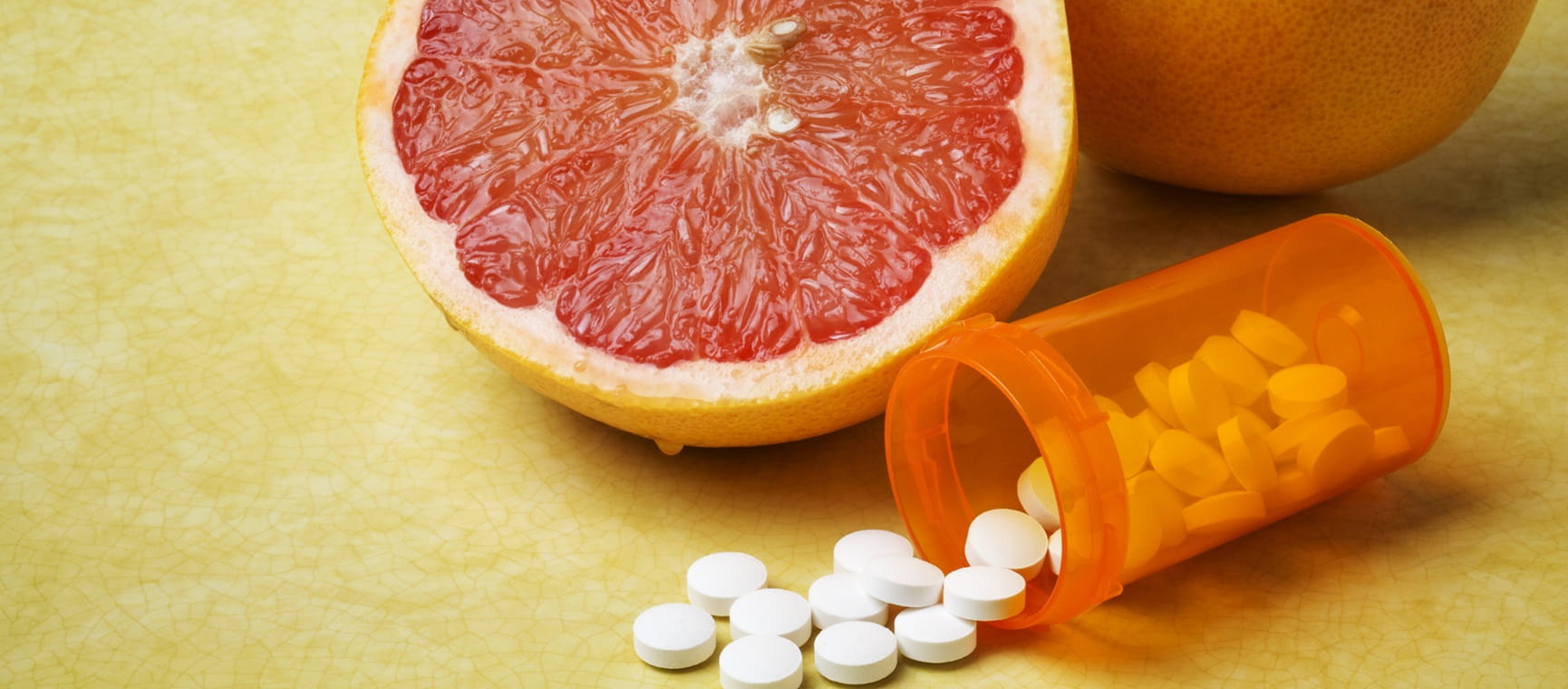
Our expert guide to the common foods you shouldn't mix with prescription drugs.

Experts reveal whether chilled supermarket soups are worth the extra cost and if some flavours are better for you than others.
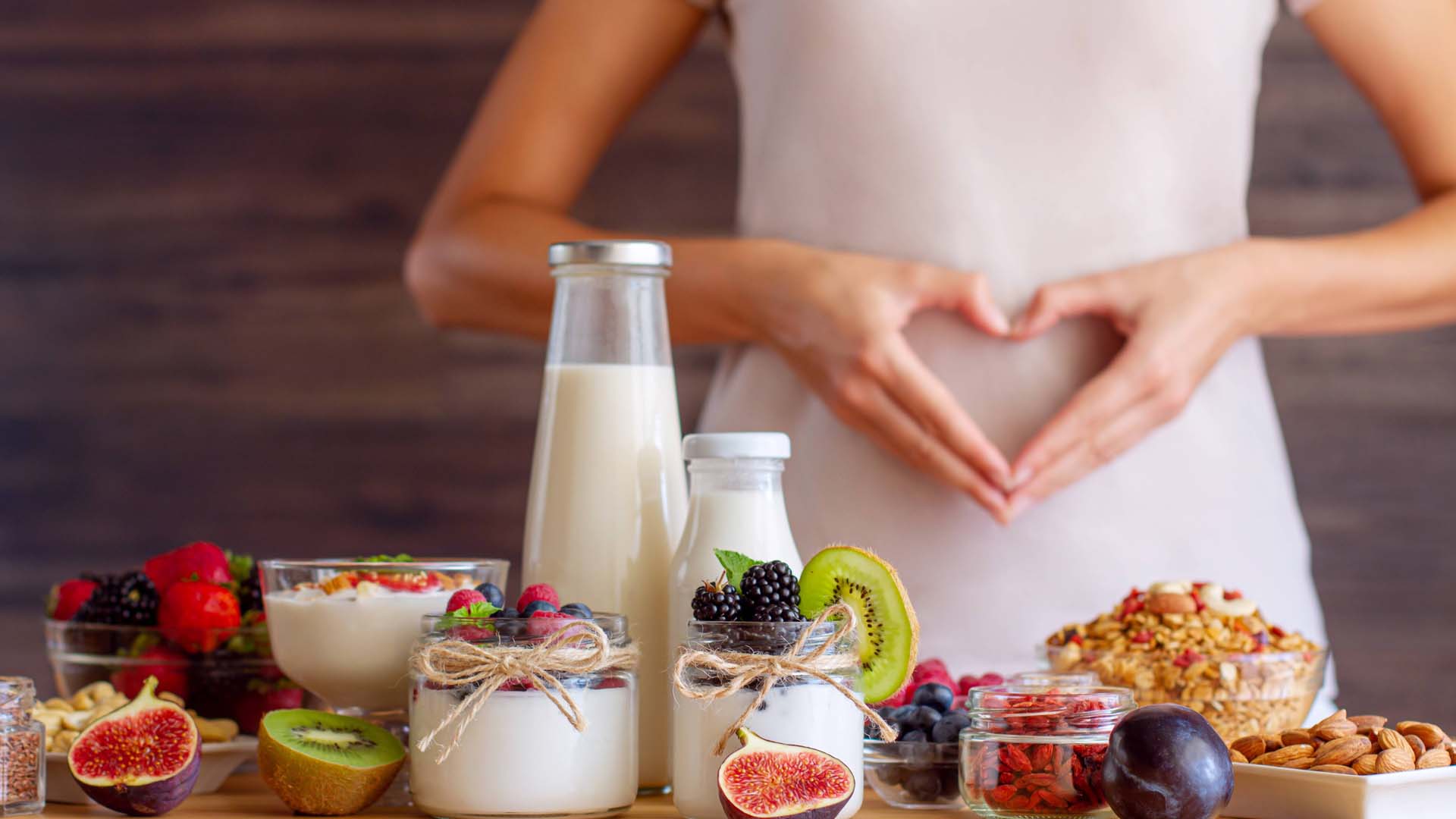
Looking after your gut health could be one of the biggest things that you can do for your overall health. Here are the best foods to keep your gut happy.
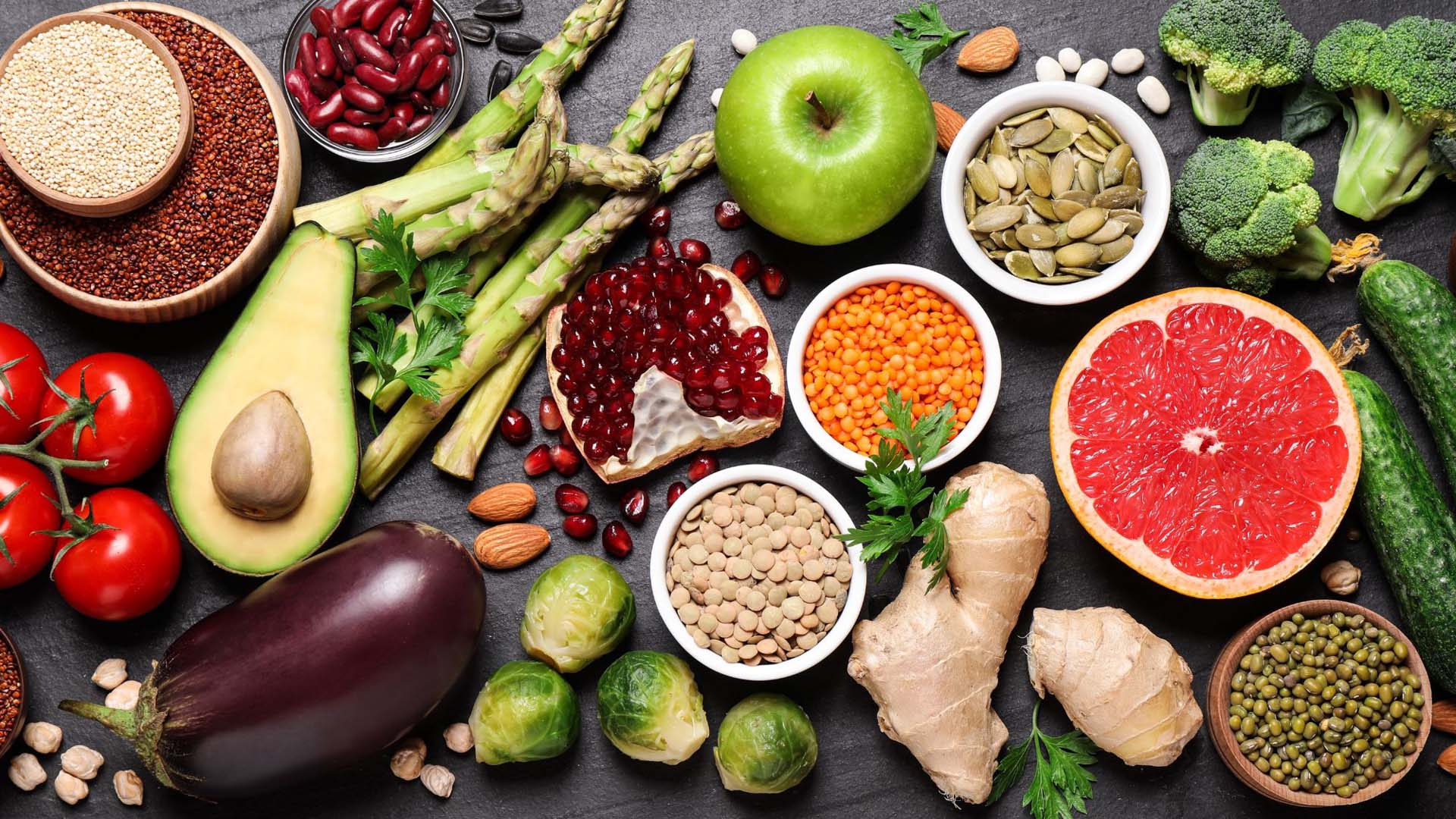
The foods that could help you live longer and protect against chronic illness.


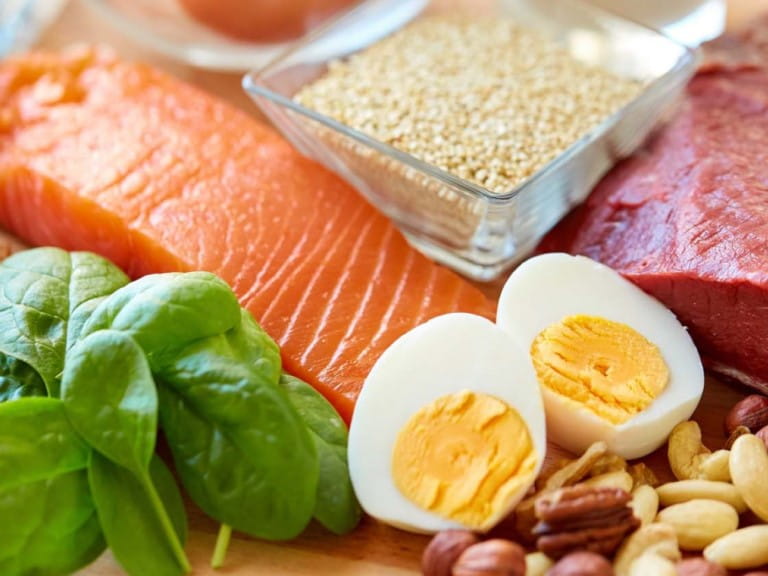
Everything you need to know about protein, from how it benefits your body to the best high-protein foods – and how much you really need.